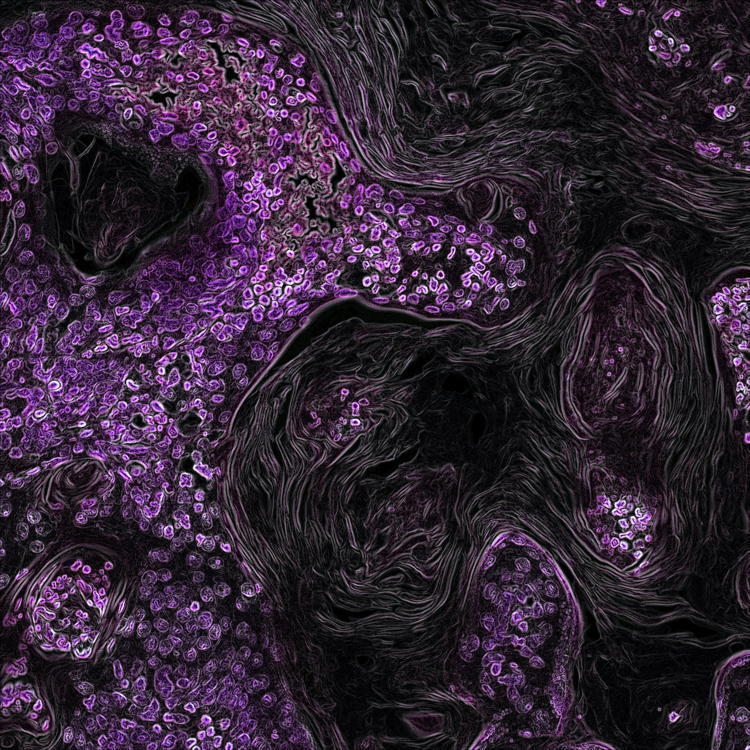Expression of CGRP, vasculogenesis and osteogenesis associated mRNAs in the developing mouse mandible and tibia

Submitted: 9 November 2016
Accepted: 11 January 2017
Published: 23 January 2017
Accepted: 11 January 2017
Abstract Views: 1711
PDF: 774
HTML: 442
HTML: 442
Publisher's note
All claims expressed in this article are solely those of the authors and do not necessarily represent those of their affiliated organizations, or those of the publisher, the editors and the reviewers. Any product that may be evaluated in this article or claim that may be made by its manufacturer is not guaranteed or endorsed by the publisher.
All claims expressed in this article are solely those of the authors and do not necessarily represent those of their affiliated organizations, or those of the publisher, the editors and the reviewers. Any product that may be evaluated in this article or claim that may be made by its manufacturer is not guaranteed or endorsed by the publisher.
Similar Articles
- D. Nowak, A. J. Mazur, A. Popow-Woźniak, A. Radwańska, H. G. Mannherz, M. Malicka-Błaszkiewicz, Subcellular distribution and expression of cofilin and ezrin in human colon adenocarcinoma cell lines with different metastatic potential , European Journal of Histochemistry: Vol. 54 No. 2 (2010)
- S Gianola, P Clairambault, MF Franzoni, Relationships between neuronal cell adhesion molecule and LHRH neurons in the urodele brain: a developmental immunohistochemical study , European Journal of Histochemistry: Vol. 45 No. 3 (2001)
- D Kluchová, S Rybárová, M Miklošová, K Lovásová, K Schmidtová, F Dorko, Comparative analysis of NADPH-diaphorase positive neurons in the rat, rabbit and pheasant thoracic spinal cord. A histochemical study , European Journal of Histochemistry: Vol. 45 No. 3 (2001)
- C Sarasquete, E Gisbert, L Ribeiro, L Vieira, Mt Dinis, Glyconjugates in epidermal, branchial and digestive mucous cells and gastric glands of gilthead sea bream, Sparus aurata, Senegal sole, Solea senegalensis and Siberian sturgeon, Acipenser baeri development , European Journal of Histochemistry: Vol. 45 No. 3 (2001)
- PY Scaraffia, C Maldonado, A Aoki, NM Gerez De Burgos, Comparative study of enzymes in testes and ovaries from adult Dipetalogaster maximus (Uhler) and Triatoma infestans (Klug) (Hemiptera: Reduviidae). Correlation with fine structural organization , European Journal of Histochemistry: Vol. 45 No. 3 (2001)
- Stefano Govoni, Drug-DNA interaction protocols , European Journal of Histochemistry: Vol. 54 No. 3 (2010)
You may also start an advanced similarity search for this article.

 https://doi.org/10.4081/ejh.2017.2750
https://doi.org/10.4081/ejh.2017.2750










